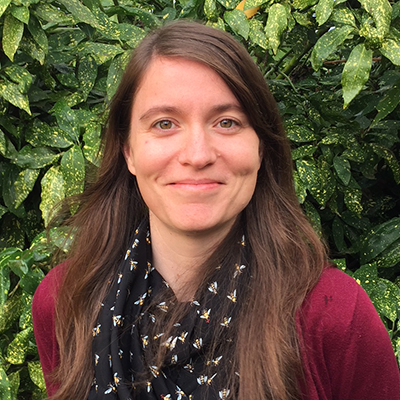
Six More Days to Improve the Infrastructure Trust
At the City Council meeting today, Alderman Ed Burke and Alderman Patrick O’Connor deferred the Ordinance Establishing the Chicago Infrastructure Trust, a not-for-profit organization designed to leverage private dollars to help rebuild Chicago’s public infrastructure. This move came amid many substantial concerns from aldermen, advocacy organizations and members of the public.
At the City Council meeting today, Alderman Ed Burke and Alderman Patrick O’Connor deferred the Ordinance Establishing the Chicago Infrastructure Trust, a not-for-profit organization designed to leverage private dollars to help rebuild Chicago’s public infrastructure. This move came amid many substantial concerns from aldermen, advocacy organizations and members of the public.
Now, aldermen will have until Tuesday, April 24th— just six days— to have their questions answered, make sure the proposal is properly vetted, and make any improvements that need to be made. Six days is not a lot of time, but will be critical in making sure that the public interest is protected.
Here are the improvements that must be made in the next six days:
The Trust must ensure that taxpayers receive the best value possible
The Trust should require an independent, third-party evaluation to determine whether or not the public is receiving a fair value and if there are other, less-expensive ways to fund a given project. These alternatives should include the possibility of the city creating its own special purpose entities with independent bonding power that could make use of low-cost public capital and charge similar user fees as a private entity would. Comparisons of alternative arrangements should include estimates of the fees charged in negotiating and completing deals with private partners and potential compensation that might need to be paid if public actions diminish the revenue of private partners. These substantial hidden costs were not at first evident in past infrastructure leases.
The Conflict-of-Interest provisions for Board Members must be strengthened
Members of the Board of Directors should be free from conflicts of interest and instead should represent Chicagoans as primary stakeholders. Among these provisions, members and their families should accept no gifts from investors or contractors; they should divest themselves of investments from these companies; and they should be forbidden from working for these companies for several years after serving on the board.
The transparency requirements must be clarified and strengthened
The Trust should require that information used or discussed at board meetings, including agendas and meeting minutes and other supporting documents, should be made available to the public online. Spending and revenue information should be posted on Chicago’s transparency website, and private partners’ preferences for keeping business practices secret should not trump the public’s right to information. The Trust board proceedings should promote and facilitate heightened levels of transparency, accountability, and public participation to avoid corruption and patronage. The Trust should require all board meetings to comply with the open meetings law and FOIA and to allow groups to gather information and hear about decisions made by the board. There is a question about whether FOIA and the open meetings law can apply and it is essential that those questions be answered before proceeding.
If Chicago aggressively pursues infrastructure improvements through the Infrastructure Trust, it must also become a national leader in protecting the public through common sense safeguards. If Chicago seeks to establish an example for other cities, this time it needs to be a positive example.
Authors
Celeste Meiffren-Swango
State Director, Environment Oregon
As director of Environment Oregon, Celeste develops and runs campaigns to win real results for Oregon's environment. She has worked on issues ranging from preventing plastic pollution, stopping global warming, defending clean water, and protecting our beautiful places. Celeste's organizing has helped to reduce kids' exposure to lead in drinking water at childcare facilities in Oregon, encourage transportation electrification, ban single-use plastic grocery bags, defend our bedrock environmental laws and more. She is also the author of the children's book, Myrtle the Turtle, empowering kids to prevent plastic pollution. Celeste lives in Portland, Ore., with her husband and two daughters, where they frequently enjoy the bounty of Oregon's natural beauty.
